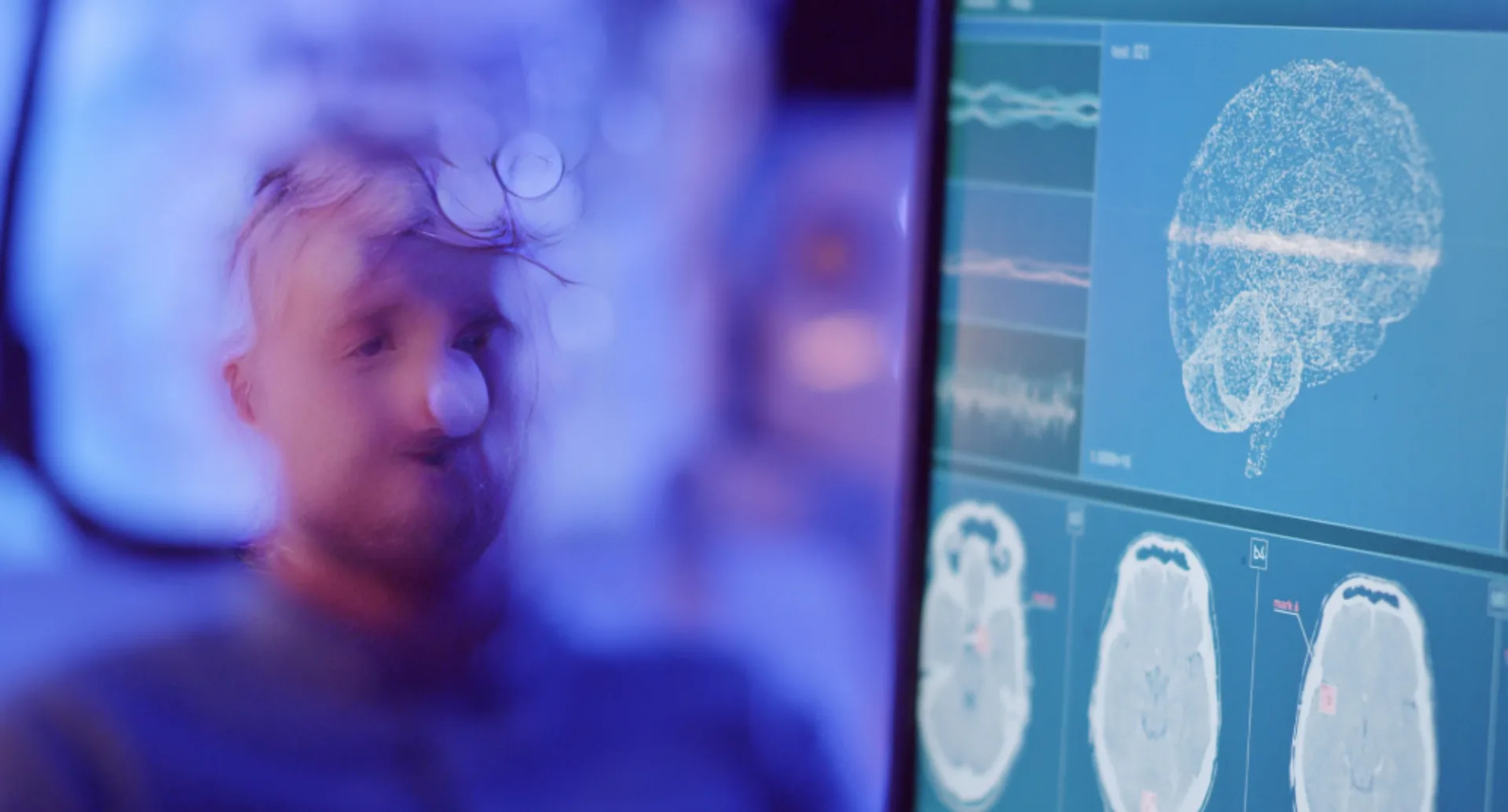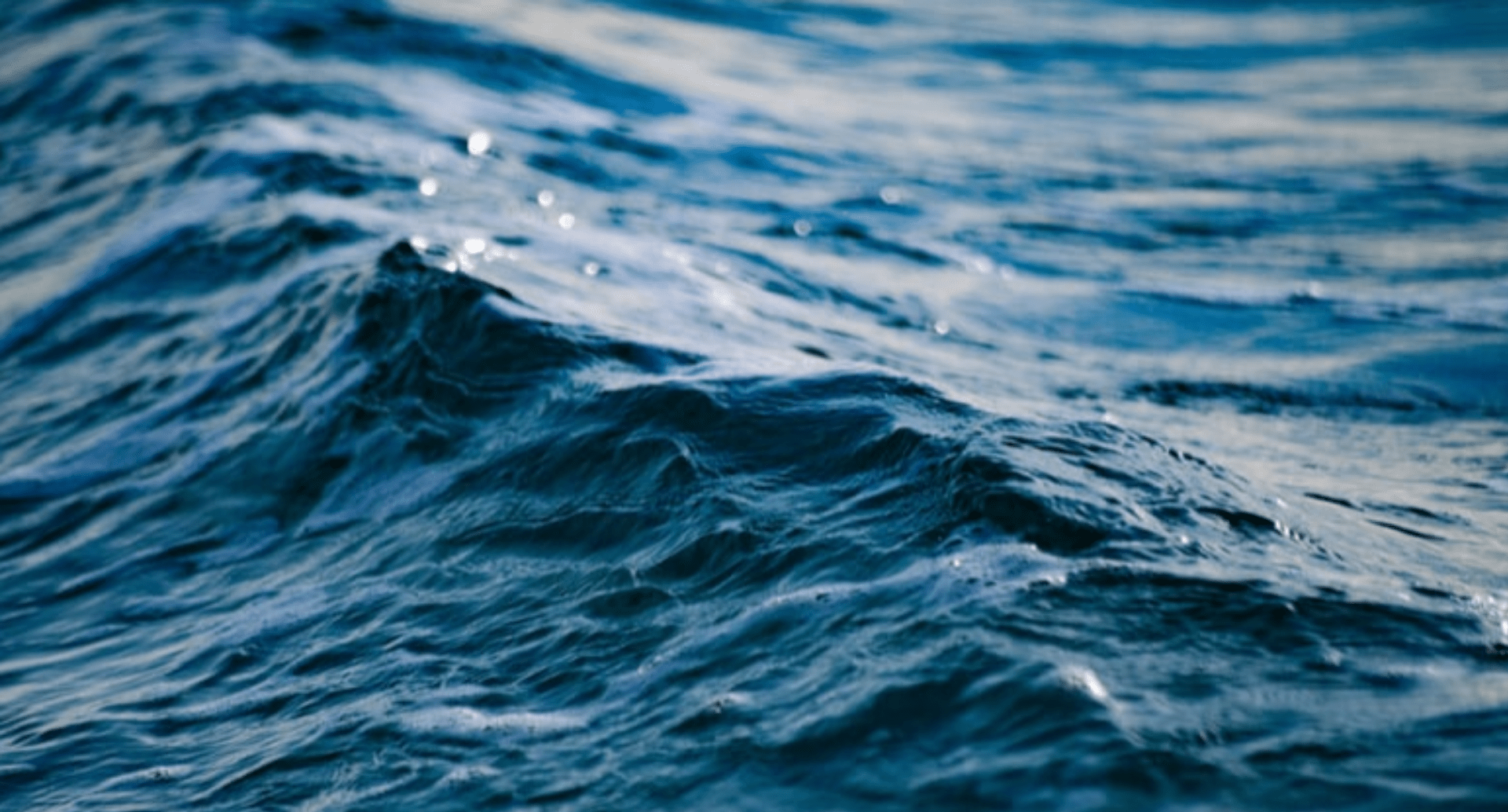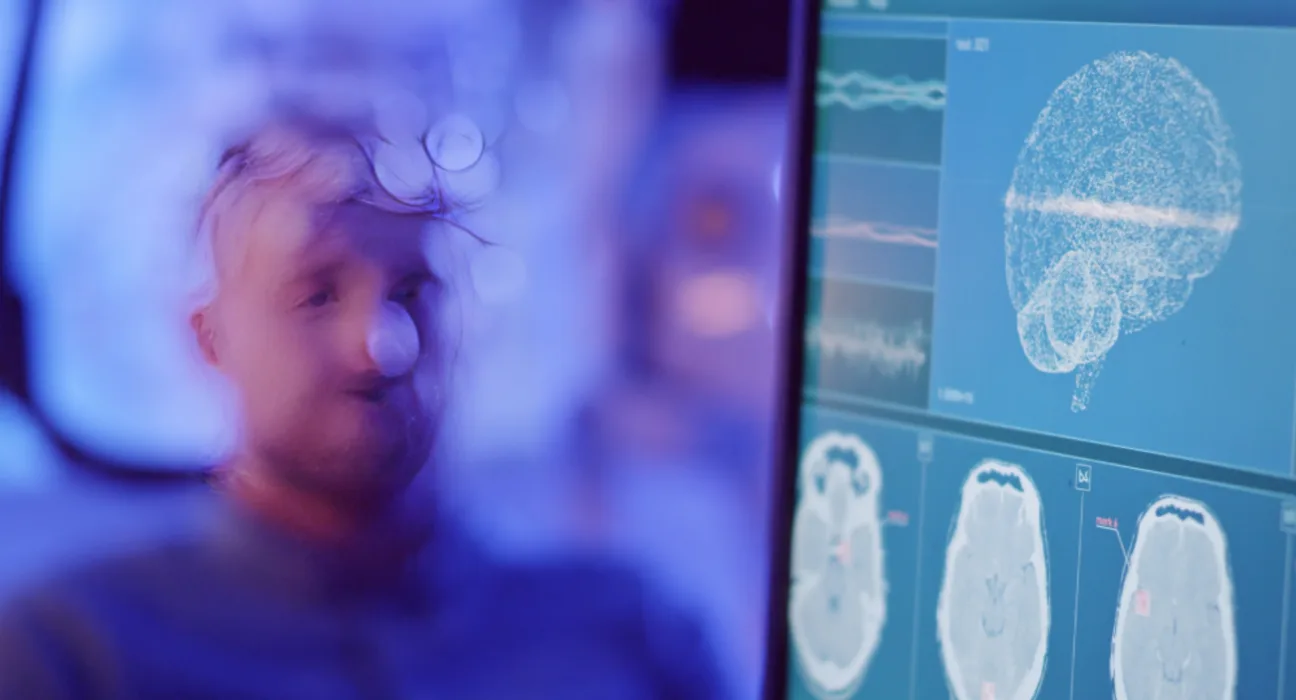The scientifically established influence of the sea on brainwaves reveals its profound effect on mental states and cognitive functions. The sea profoundly transforms our mental patterns and decision-making abilities. It prompts spontaneous meditation and relaxes our minds, allowing our neural network to activate by default when we’re at ease. In this state of complete tranquility, provided by the vastness of the sea, our brains can generate the most creative, clear, and original ideas. More: Brain-wave frequencies: Technical aspects
You always have to look at the sea. It is a mirror that cannot lie.
Yasmina Khadra
This vast blue expanse, covering nearly 80% of our planet, is an extraordinary, cruel, romantic, and profound place. It’s a colossal force that can be violent and calm, serving as a wellspring of inspiration. Great writers have always admired and respected it. This special place for humanity is far more than just a saltwater pool. More: Healing through the Theta Healing technique
The positive influence of the sea on our brainwaves
The first thing to know is that the positive influence of the sea on our brainwaves and psyche is real. The romantic feelings and the desire for freedom it inspires aren’t just whimsical notions; science backs them up. University of Minnesota and Stanford psychologists have studied how the sea affects the human brain. They found that the vastness of the sea evoked a sense of deep admiration and awe.

This process creates a sense of well-being in us. It’s fascinating to consider, especially since the powerful waves could be deadly. Yet, the sea’s expansive experience prompts positive changes in our mental patterns as our mind processes the landscape. For this reason, the sea significantly alters our mental patterns and decision-making abilities. It can make us more generous and change our perception of time, making it seem to flow more slowly or even stop altogether. The soothing sounds of the waves, the endless horizon, and the smell of the salty air all contribute to this calming effect.
In addition, the sea encourages a form of spontaneous meditation. This natural relaxation helps activate our brain’s default mode network, leading to clearer, more creative, and original thinking. Thus, the sea is not just a beautiful sight; it’s a powerful force that improves our mental well-being and enhances our cognitive abilities. More: The Science Behind Meditation: How It Impacts Us
How does the sea enhance our creativity?
When we work, talk, or care for a child, our brain enters an ‘engaged’ mode. However, the sea has the power to shift this state and relax our mental processes. As we relax, the brain’s neural network naturally activates. In the peaceful state that the vastness of the sea provides, our brain can process the brightest, most creative, clear, and original ideas.
Understanding this process is relatively simple. Relaxation helps us set our worries aside. At that moment, the prefrontal area of the brain, which usually controls our thoughts, takes a step back. This allows creativity and imagination to flow more freely, almost like magic. As a result, our views become more original, less critical, and much more open. More: Heal your life: The empowering philosophy of Louise Hay


Lessons from the Sea
By understanding the sea’s impact on our brains, we can learn several valuable lessons that can improve our lives.
- Incorporate Nature into Daily Life:
- Spending time by the sea, or even in other natural settings, can provide significant mental health benefits. It’s a reminder to seek out nature regularly to recharge and reset our minds. More: Forest bathing as a natural therapy to reduce stress
- Prioritize Relaxation:
- Recognizing the importance of relaxation can help us make time for it in our busy schedules. Activities like meditation, leisurely walks, or simply sitting quietly by the water can help activate our brain’s default mode network, fostering creativity and clarity. More: How to focus your brain?
- Encourage Spontaneous Moments:
- Allowing ourselves to have unstructured time, similar to the spontaneous meditation induced by the sea, can help us think more creatively and originally. This might involve setting aside time each day to do nothing in particular.
- Reduce Over-Critical Thinking:
- By understanding that relaxation helps reduce the brain’s critical controls, we can aim to be less harsh on ourselves and others. This can lead to more open-mindedness and innovative thinking in both personal and professional settings.
- Embrace Vast Perspectives:
- The vastness of the sea reminds us to look at the bigger picture. This perspective can help us feel less overwhelmed by day-to-day problems and more inspired to pursue our passions and goals. More: North Node Gemini, what you want and what you should avoid









